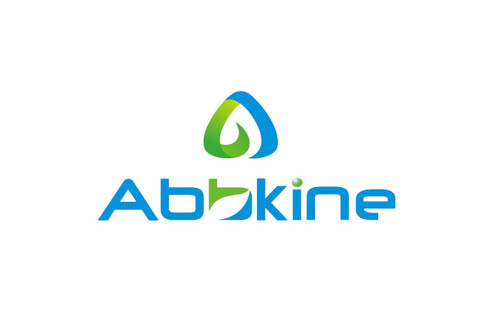Product Description
Bovine Tumor necrosis factor alpha-induced protein 8-like protein 2 (TNFAIP8L2) ELISA Kit | AE14032BO | Abebio
Species Reactivity: Bovine (Bos taurus; Cattle)
Abbreviation: TNFAIP8L2
Alternative Name: RP11-68I18.4; FLJ23467; TIPE2; inflammation factor 20
Application: ELISA
Range: Request Information
Sensitivity: Request Information
Intra-Assay: ≤5.1%
Inter-Assay: ≤10.2%
Recovery: 1, 04
Sample Type: Serum, Plasma, Other biological fluids
Detection Method: Sandwich
Analysis Method : Quantitive
Test Principale: This assay employs a two-site sandwich ELISA to quantitate TNFAIP8L2 in samples. An antibody specific for TNFAIP8L2 has been pre-coated onto a microplate. Standards and samples are pipetted into the wells and anyTNFAIP8L2 present is bound by the immobilized antibody. After removing any unbound substances, a biotin-conjugated antibody specific for TNFAIP8L2 is added to the wells. After washing, Streptavidin conjugated Horseradish Peroxidase (HRP) is added to the wells. Following a wash to remove any unbound avidin-enzyme reagent, a substrate solution is added to the wells and color develops in proportion to the amount of TNFAIP8L2 bound in the initial step. The color development is stopped and the intensity of the color is measured.
Product Overview: Sun et al. (2008) cloned mouse Tnfaip8l2, which they called Tipe2, and by database analysis, they identified human TNFAIP8L2. The deduced 184-amino acid human protein shares 94% identity with mouse Tnfaip8l2, shares 53% identity with human TNFAIP8, and contains a death effector domain (DED) and 6 putative alpha-helices characteristic of DED-containing proteins. Northern blot analysis detected strong expression in mouse thymus, spleen, lymph node, and small intestine, with weak expression in lung, skin, and colon. Tnfaip8l2 was also expressed in murine lymphoid cells and cell lines, in inflamed mouse spinal cord, and in TNF-alpha-stimulated mouse fibroblasts, suggesting that Tnfaip8l2 is preferentially expressed in lymphoid tissue.
Stability: The stability of ELISA kit is determined by the loss rate of activity. The loss rate of this kit is less than 5% within the expiration date under appropriate storage condition. The loss rate was determined by accelerated thermal degradation test. Keep the kit at 37°C for 4 and 7 days, and compare O.D.values of the kit kept at 37°C with that of at recommended temperature. (referring from China Biological Products Standard, which was calculated by the Arrhenius equation. For ELISA kit, 4 days storage at 37°C can be considered as 6 months at 2 - 8°C, which means 7 days at 37°C equaling 12 months at 2 - 8°C) .
 Euro
Euro
 USD
USD
 British Pound
British Pound
 NULL
NULL








